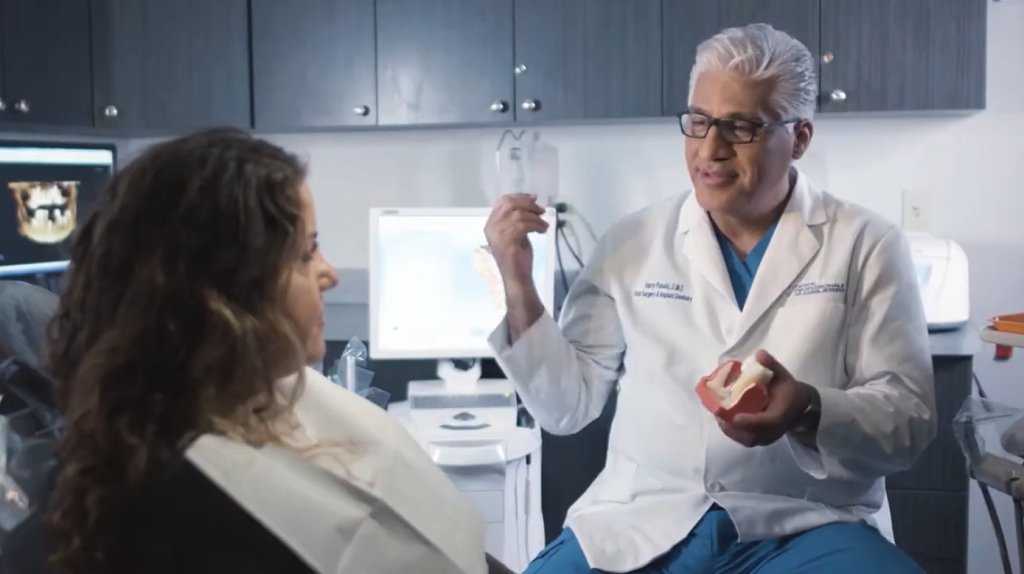For some people, the thought of visiting the dentist sparks feelings of nervousness, fear, or even outright panic. Whether it’s the sound of dental tools, a past unpleasant experience, or fear of pain, dental anxiety is more common than you might think. Overcoming this fear is possible. With the right mindset, preparation, and support, you can make your next trip to the dentist a calmer and positive experience. Let’s explore practical strategies to help you manage dental anxiety:
Open Communication
Open communication with your dentist forms the foundation for managing anxiety. Your oral health specialist needs to understand your specific fears and concerns to provide appropriate care. Many patients find that discussing their anxiety directly with their tooth doctor significantly reduces their stress levels.
Start by scheduling a consultation appointment where you can meet your dentist without undergoing treatment. This meeting provides an opportunity for you to become familiar with the dentist, office environment, and staff. During this visit, explain your anxiety triggers and ask questions about upcoming procedures. Your dental care provider can walk you through each step of the treatment process, removing the fear of the unknown. Most dental professionals are trained to work with anxious patients and can adjust their approach accordingly.
Relaxation Techniques
Relaxation techniques provide practical tools for managing anxiety before and during a dentist visit. Deep breathing exercises help calm your nervous system and reduce physical tension. Practice breathing slowly through your nose for four counts, holding for four counts, and exhaling through your mouth for six counts.
Progressive muscle relaxation involves systematically tensing and releasing different muscle groups throughout your body. Start with your toes and work your way up to your head, holding tension for five seconds before releasing. This technique helps identify areas where you hold stress and teaches you how to relax those muscles consciously. Practice these techniques regularly at home so they become automatic responses during stressful situations.
Distraction Methods
Distraction methods redirect your attention away from anxiety-provoking aspects of dental treatment. Many modern dental offices offer entertainment options such as televisions, music, or noise-canceling headphones. Bring your own playlist of calming music or podcasts to listen to during procedures.
Mental distraction techniques include counting exercises, word games, or focusing on pleasant memories to divert attention. Some patients find it helpful to plan their day or think about upcoming enjoyable activities. The key is to engage your mind in something positive and absorbing. Technology-based distractions, such as virtual reality headsets or tablets with movies, can provide immersive experiences that make your visit to the dentist feel shorter and less intimidating.
Bring a Support System
Having a trusted friend or family member accompany you to the dentist can significantly reduce anxiety levels. Your support person can provide emotional comfort, help you remember post-treatment instructions, and serve as an advocate if you feel overwhelmed during the visit.
Choose someone who remains calm under pressure and has a positive attitude toward dental care. An anxious support person may inadvertently increase your stress levels. Your companion can wait in the reception area or, with your dentist’s permission, stay with you during specific procedures. Contact your dentist’s office in advance to understand their policy and make the necessary arrangements.
Book Your Dentist Appointment Today
Overcoming dental anxiety requires practice and patience. Remember that avoiding dental care due to anxiety can lead to serious oral health problems that require extensive treatment. Taking small steps to address your fears now will benefit your long-term health and well-being. Schedule your appointment today for professional dental care tailored to your oral health needs.

